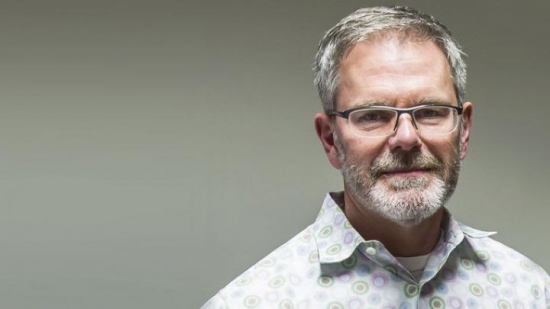Control Seminar
Steering without Taking Over: A Means for Human-Machine Control Sharing
This event is free and open to the publicAdd to Google Calendar

Abstract
Past and ongoing projects in rehabilitation robotics, haptic rendering, and human-machine control sharing have motivated the quest in our lab for a solution to the following noholonomic control problem: How to stabilize an m-dimensional constraint manifold in n-dimensional space? In 2-dimensional space, steering a vehicle back onto a 1-dimensional road is to follow a path that leads back to the road. But already in 3-dimensional space, the path planning interpretation gets interesting: a foliation of parallel surfaces can be navigated in many ways on the way back to a constraint surface. It should be possible to control only one steering angle while leaving control of the other (along with vehicle speed) to a second agent such as a human operator. In this talk I will present a Lyapunov-based controller that simultaneously maintains a closest point on the constraint surface and steers a nonholonomic robot to reduce the closest distance using only one steering angle. The solution in 3-dimensions has an expression in which appears both the Gauss-Weingarten equations from classical differential geometry and a basis that is dual to the trihedron that moves on the surface at the closest point. In linear systems theory terms, two controllers operate in orthogonal subspaces. Since obviously classical differential geometry admits certain extensions (think: Riemannian geometry) and linear systems theory is all-pervasive, in the end I will invite the audience to imagine instantiations of the same story in n dimensions. I will use applications to motivate continuing work along these lines (and manifolds).
Biography
Brent Gillespie completed his PhD at Stanford University in 1996 and a postdoc at Northwestern University before starting at Michigan as professor of mechanical engineering in Fall 1999. His research interests center in haptics and applications in which a human operator is involved as controller or collaborator. His awards include the PECASE and Humboldt Research awards. He has worked at companies big (Hewlett Packard) and small (Interval Research and Immersion Corp.) and is now involved in a startup aimed at commercializing surface morphing technology for refreshable braille.
 MENU
MENU 
